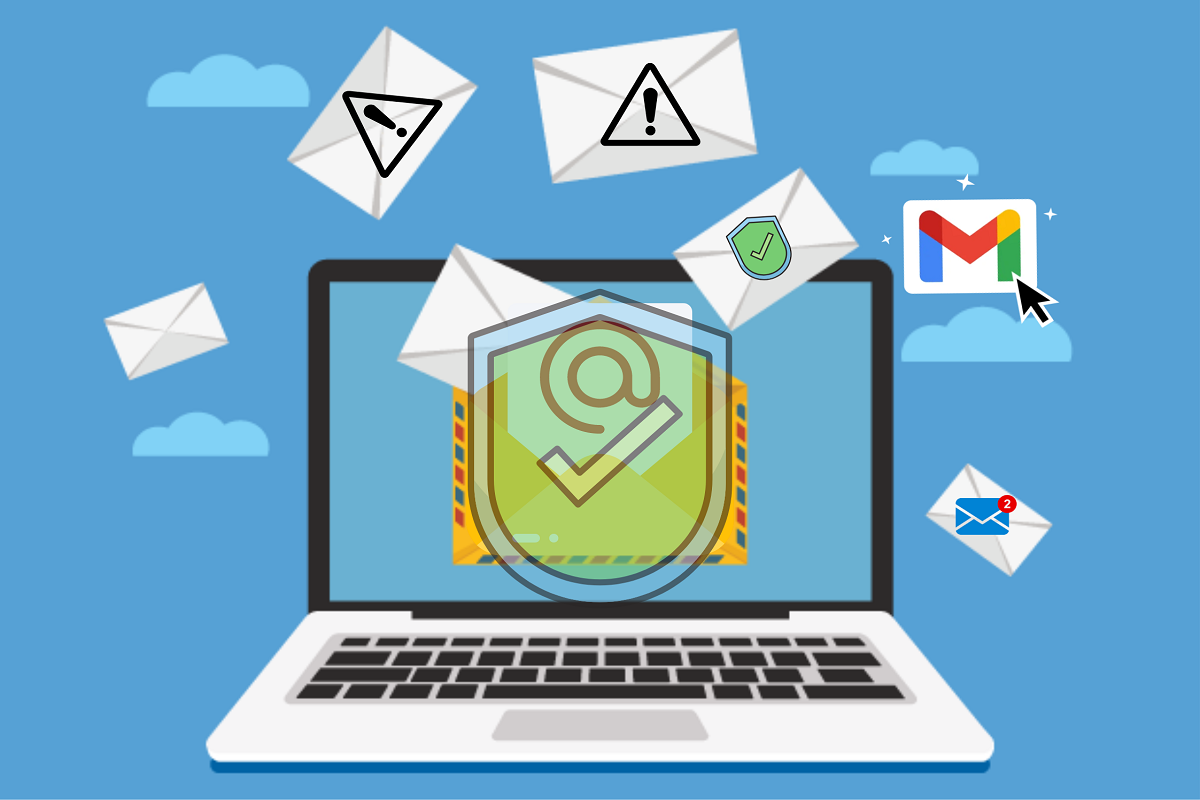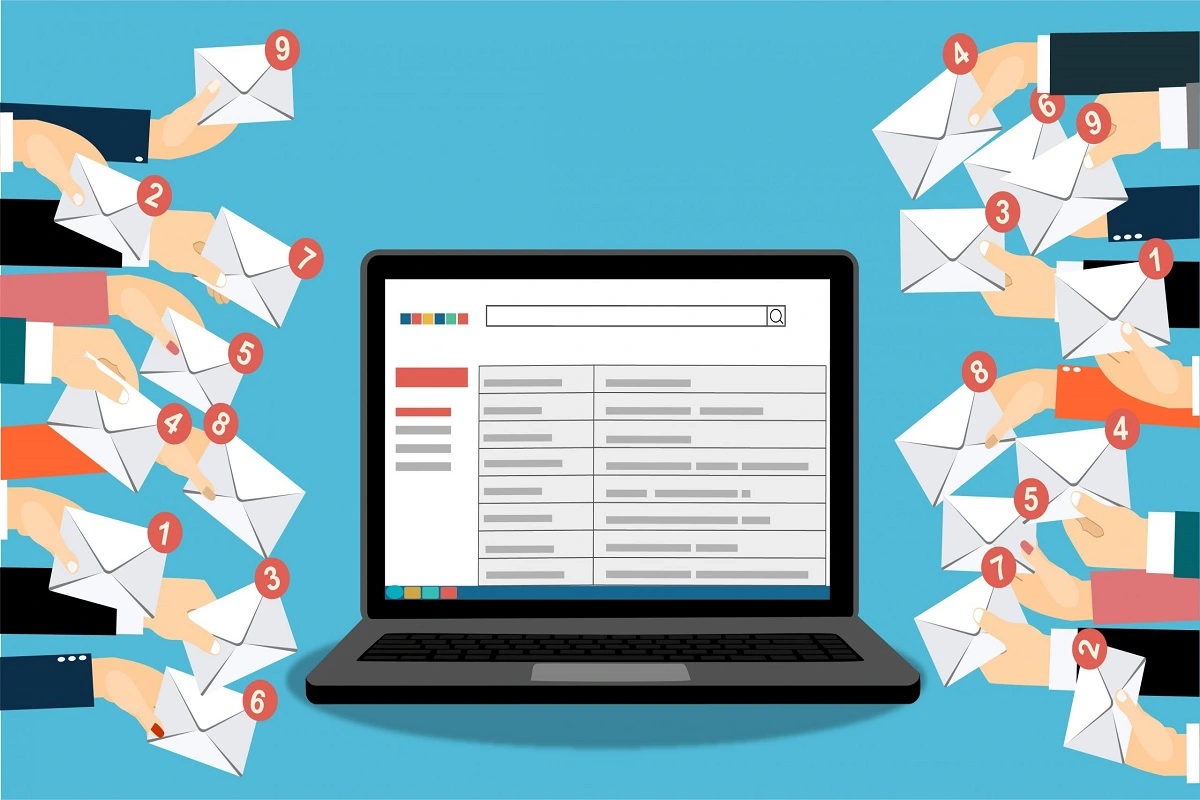
Today the world revolves around technology and being a part of the world we humans have the privilege to reach out to anyone in this world. Even if one person works or lives in the southern pole they can easily reach out to the northern pole person using the high-tech systems available here. When mentioning reaching out to people, one of the services we often use is Gmail. Gmail is the most popular email service in the world, which has created a seemingly limitless number of opportunities for people to connect.
Email isn’t just a communication tool; it’s also an identifier and a security measure. Companies use it to create profiles of you when you start accounts with them and it often doubles as your username. The email can also serve as your account recovery tool when you forget your username or password. Now, these all can be accessible with some process. You have to verify your ID and which most people get to use for free, provided by a giant corporation that wants to harvest your data.
We used email without thinking twice whenever we informed someone of something formally. But did you ever visit your junk mail or promotions mail? In that section of emails, you receive tons of emails from various connections. Connections you might not associate with yourself! So whenever we receive such kind mail we tend to ignore it and its store in the section of promotions or junk mail.
Think of how many emails you get and what they say. Think of all the services that use your email address to grant you access to your account and reset your password for it. Think of all the information about you that those accounts contain. Now think of what could happen if those emails went to someone else.
How it all started
Take your time machines ready cause we are going back to 2004. The birth year of our Gmail. Like its opponents, it was free and ad-supported. Unlike them, it scanned users’ emails to better target ads to them, a practice it only stopped in 2017. By 2012, Gmail was the most popular email service out there.
All of this means that what has become a hugely important part of our lives is built on a decentralised system of suggested standards and protocols that are owned by no one but are largely operated by a few of the biggest companies in the world.

Is Gmail Protecting Your Data?
Now let’s come to the facts. Email is also a major vector for cyberattacks. If people and companies don’t take the right precautions, their security can be compromised by clicking on the wrong link or making a simple typo.
“We have to face the fact that this is a problem that’s been brewing for decades,” Marc Rogers, executive director of cybersecurity at Okta, an identity authentication technology company, told me. “Email was not designed to be a secure medium.” While Rogers says that some of the blame for this rests on the people who don’t type their email addresses carefully, the bulk of the responsibility is on the companies that send those emails.
Also Read: Cut Out These 10 Types of Toxic People From Your Life
“They need to realise that email should not be used for sensitive activity unless they’ve taken steps to prove they know who’s ‘residing’ there,” he said. “You have to prove who controls that email.”

Can email be fixed?
To answer this question, in the past few years, Gmail owners are trying to improve the security of the service. And we can see the results. Even Big Tech companies are trying to sell an improved email experience. Apple now lets you conceal your iCloud email address when you sign up for accounts and newsletters, which gives you more control over who knows your email address. For Google, you can even use Gmail with an address from your own domain. You can have the best of both worlds, as long as you can pay for them.

















